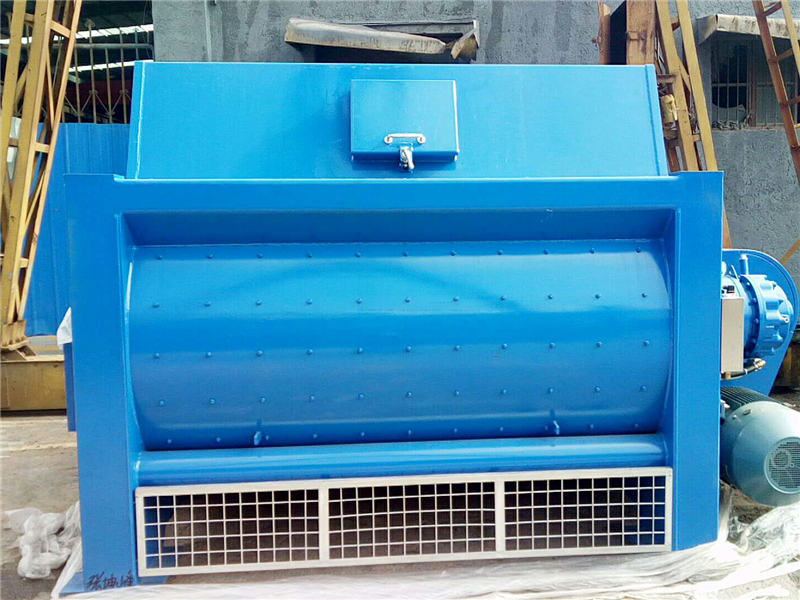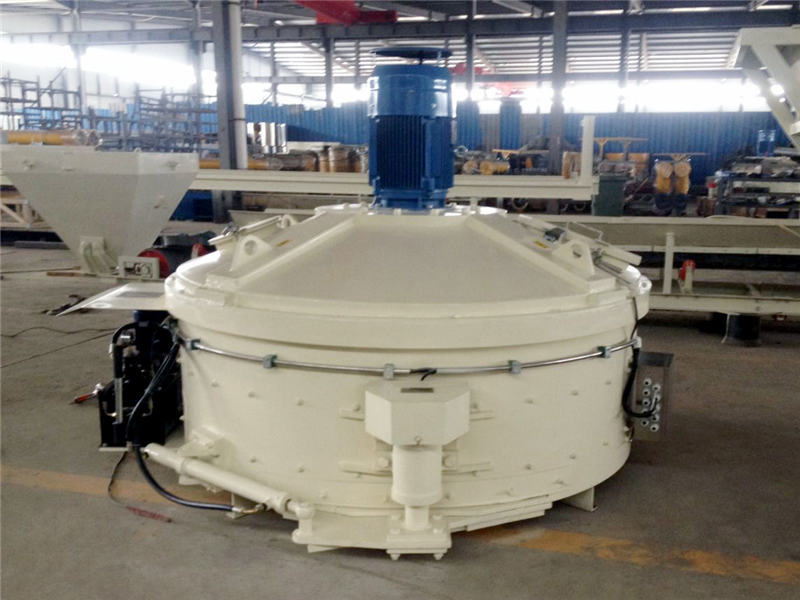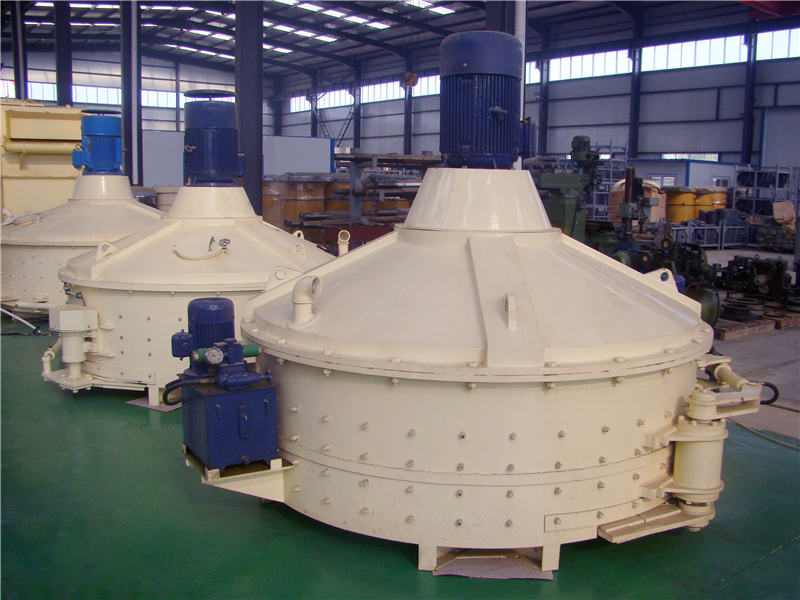Selecting The Right Cement Mixer
For single masonry projects, a mini electric concrete mixer with a drum capacity of between 60 and 120 liters would be a good choice. Meanwhile, if you plan to use the device frequently across many construction sites, you will need a cement mixer with a 190-liter drum. Such a device will still be lightweight enough to transport but will allow you to mix bigger batches of cement at a time. Of course, you need to make sure there is an electrical supply available at each job site for operation.

For professional building companies, a petrol-powered cement mixer with a much larger drum capacity will be needed. However, it’s important to keep in mind that 250+ liter petrol-powered mixers are a lot heavier and have a bigger footprint, so they can be more difficult to transport.
Cement Mixer Components
The main components of a concrete mixer include crank wheel, ring gear, mixing paddles, motor, drum, power cord, frame, foot pedal lock, and power switches. If the model has a diesel of petrol-powered motor instead of an electrical motor, there will be no power cord. It’s important to keep in mind that mixing volume and drum volume are different. The mixing capacity is generally 20% less than than the drum capacity. This means with a 100-liter drum, you can mix about 80 liters of cement per load.

Advantages Of An Electric Cement Mixer
There are many reasons why you would want to choose an electric-powered mixer over a diesel-powered mixer. For starters, they generally cost a lot less and are easier to maintain. They don’t require any oil or diesel for operation and start-up immediately. This is in contrast to some petrol models that can be difficult to start up in some outdoor temperatures. Electric cement mixers are also much lighter, which makes them more transportable.
Smaller electrical cement mixers generally have a 500 to 1500 watt rating, whereas larger, more powerful machines typically require a three-phase 380V supply and have a power rating above 5KW. As a result, electrical models do have limitations on some construction sites where there is no access to an electrical source.
How Much Does A Cement Mixer Cost?
The price of a cement mixer depends on many factors including its drum capacity, motor type, size, and design (mobile or stationary). For example, you can find cheaper mixers that are constructed from mainly plastic parts instead of durable metal components. Some of the technical specs to compare include mixing power, max aggregate size, drum rotating speed, drum capacity, dimensions, weight, charging volume, and discharging volume.

You can request a free quote or price estimate on the websites of leading concrete mixer suppliers, including those based overseas. It’s a good idea to request quotes from at least three different vendors, so you can be sure you are accessing the most competitive prices. Be sure to take and shipping charges, import taxes, custom duty charges, and currency conversion fees into account for an accurate price comparison between suppliers.